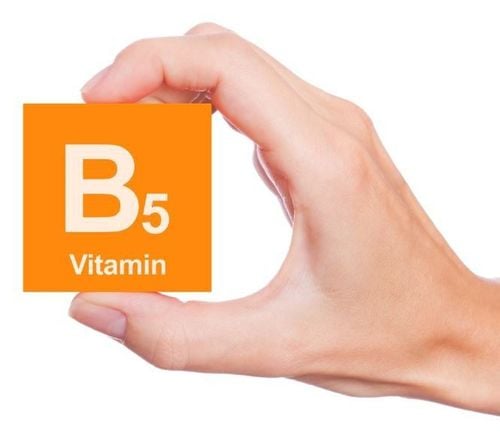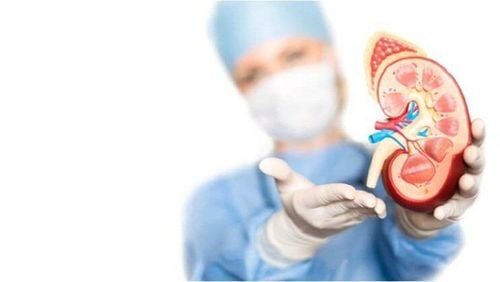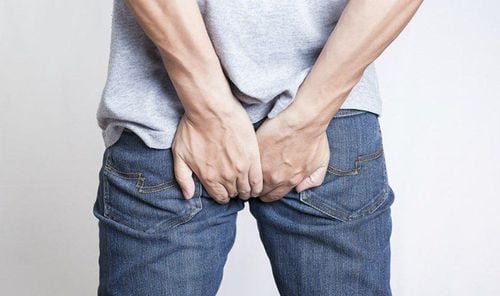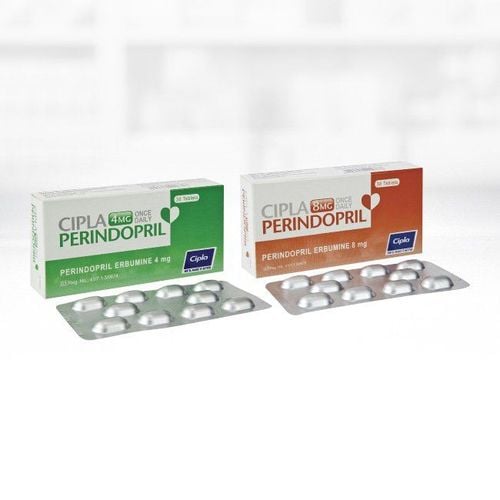This is an automatically translated article.
The article is professionally consulted by Specialist Doctor I Tran Quoc Vinh - Emergency Doctor - Department of Resuscitation - Emergency - Vinmec Nha Trang International General Hospital. Doctor Tran Quoc Vinh has more than 6 years of experience (starting in 2011) in the field of Emergency Medicine.Hypertension causes chronic kidney failure and conversely, renal failure causes hypertension. Therefore, it is necessary to control blood pressure to reduce the risk of chronic kidney failure, and at the same time, it is necessary to treat chronic renal failure well to maintain stable blood pressure.
1. Hypertension and chronic kidney failure interact
High blood pressure can be the main cause of chronic kidney failure. Prolonged high blood pressure leads to damage and destruction of blood vessels in the kidney muscle. High blood pressure also reduces the filtering capacity of the glomeruli, resulting in the kidneys not being able to remove toxic wastes as well as excess water out. Excess water in the blood vessels accumulates more and more, causing blood pressure to rise even higher. This process takes place continuously, gradually leading to chronic kidney failure, so high blood pressure is the main cause of chronic kidney failure. Chronic kidney failure can lead to high blood pressure. The function of the kidneys is to keep blood pressure stable by secreting substances that help maintain blood pressure. In chronic kidney disease is the irreversible damage of the kidneys leading to a decrease in the ability to regulate blood pressure, leading to high blood pressure. Therefore, hypertension can be a complication of chronic kidney failure. Basics of hypertension and chronic kidney failureChronic kidney disease is the presence of kidney damage for at least 3 months including structural or functional abnormalities of the kidney, which may or may not be accompanied by decreased renal function. glomerular filtration rate. Hypertension is when the systolic blood pressure is ≥ 140 mmHg and/or the diastolic blood pressure is ≥ 90 mmHg (JNC 7). Diagnosis of hypertension by sphygmomanometer at least 2 times, before measuring the patient needs to rest for 15 minutes, high blood pressure is confirmed through 2 visits.

2. If you have high blood pressure and chronic kidney failure, what tests should be done?
Patients need to go to a medical facility for further tests to assess kidney function and damage to other organs, including:Blood creatinine test to assess glomerular filtration rate, assessment Assess kidney function from which to assess the degree of kidney failure to give an appropriate treatment plan Urine test to assess whether there is protein, if there is protein in the urine is a sign of damage in the glomerulus Ultrasound to check the kidneys for any abnormalities in size, structure, or blockages Electrocardiogram to assess heart function, comorbidities Glucose, lipid (fat, cholesterol) test Blood test to adjust the amount of potassium in the blood, because when the kidneys fail, the amount of potassium in the blood can rise high, which is very dangerous for the heart.
3. Treatment of hypertension in chronic kidney disease
The goal of blood pressure treatment in CKD should be: control blood pressure below 130/80 mmHg. It is necessary to determine long-term treatment for life, periodic re-examination. Treat each patient individually with comorbidities, risk factors, and side effects for appropriate drug use. Reducing cardiovascular risk factors in patients with or without hypertension. Adjustment of antihypertensive drugs must be considered based on many factors such as proteinuria, daily blood pressure, response to medication. Lower blood pressure gradually to avoid end-organ ischemic complications. Combined with other appropriate treatment of chronic kidney disease to ensure the best effect for the patient. Patients must self-monitor their blood pressure by measuring their blood pressure at home. If blood pressure cannot be controlled with daily blood pressure medication, it is necessary to visit a medical facility to avoid dangerous complications from hypertension or chronic kidney failure. Lifestyle modification is an important element in treatment strategies to lower blood pressure and reduce cardiovascular risk factors.The diet needs to be light with less than 2,400mg of salt per day. Weight loss if overweight (when BMI ≥ 23kg/m2), especially in obese men. Reducing obesity not only lowers blood pressure, but also lowers blood cholesterol and improves left ventricular hypertrophy. Daily exercise 30 - 60 minutes a day, gentle exercise (walking). Do not drink alcohol or beer. Drinking alcohol increases the risk of stroke in hypertensive patients, increases resistance to antihypertensive drugs. No smoking. Reduce protein in the diet, limit the use of foods with high protein content. Diet full of vitamins and minerals should choose foods rich in iron , vitamin B12 , folic acid , vitamin B6 .
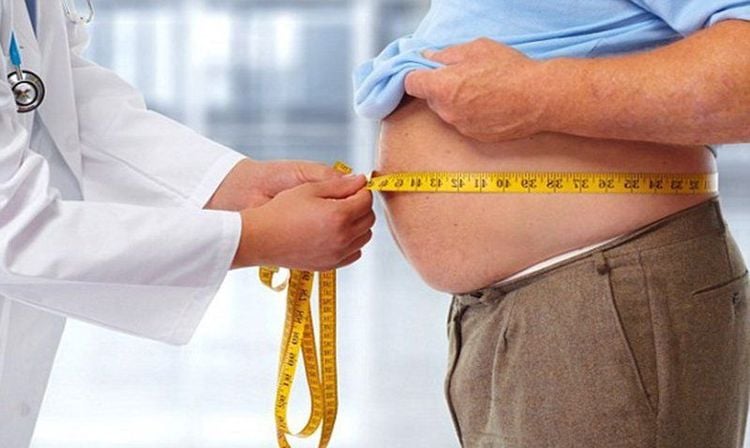
Dosing regimen:
Using combination antihypertensive drugs of 2 or more types with diuretics should use combination tablets. The principle that antihypertensive drugs should be used first. Choosing a combination drug depends on the cause of chronic kidney failure, cardiovascular disease and other comorbidities, avoiding side effects and drug interactions. Vinmec International General Hospital is a high-quality medical facility in Vietnam with a team of highly qualified medical professionals, well-trained, domestic and foreign, and experienced.
A system of modern and advanced medical equipment, possessing many of the best machines in the world, helping to detect many difficult and dangerous diseases in a short time, supporting the diagnosis and treatment of doctors the most effective. The hospital space is designed according to 5-star hotel standards, giving patients comfort, friendliness and peace of mind.
Please dial HOTLINE for more information or register for an appointment HERE. Download MyVinmec app to make appointments faster and to manage your bookings easily.
Please dial HOTLINE for more information or register for an appointment HERE. Download MyVinmec app to make appointments faster and to manage your bookings easily.






